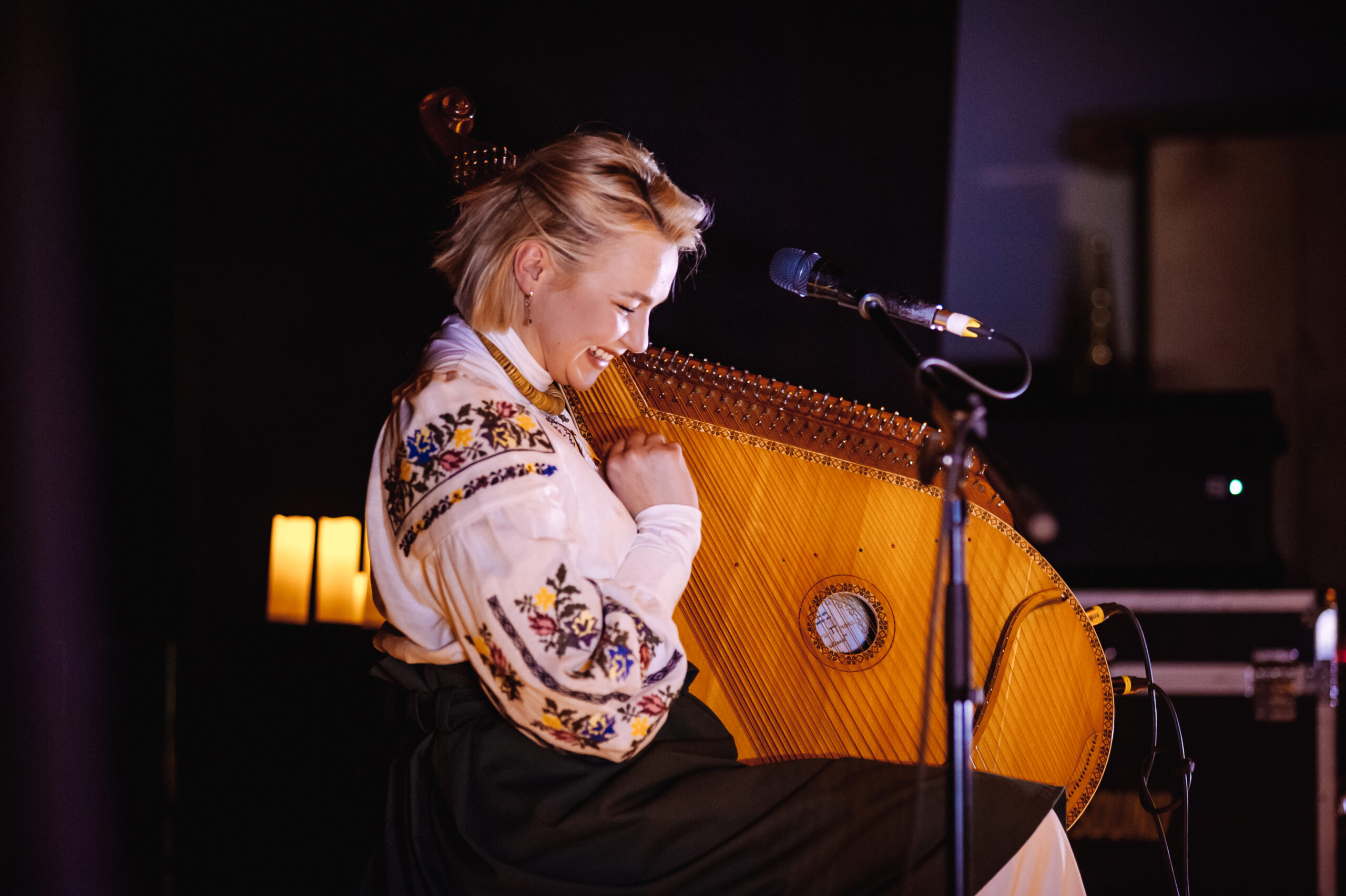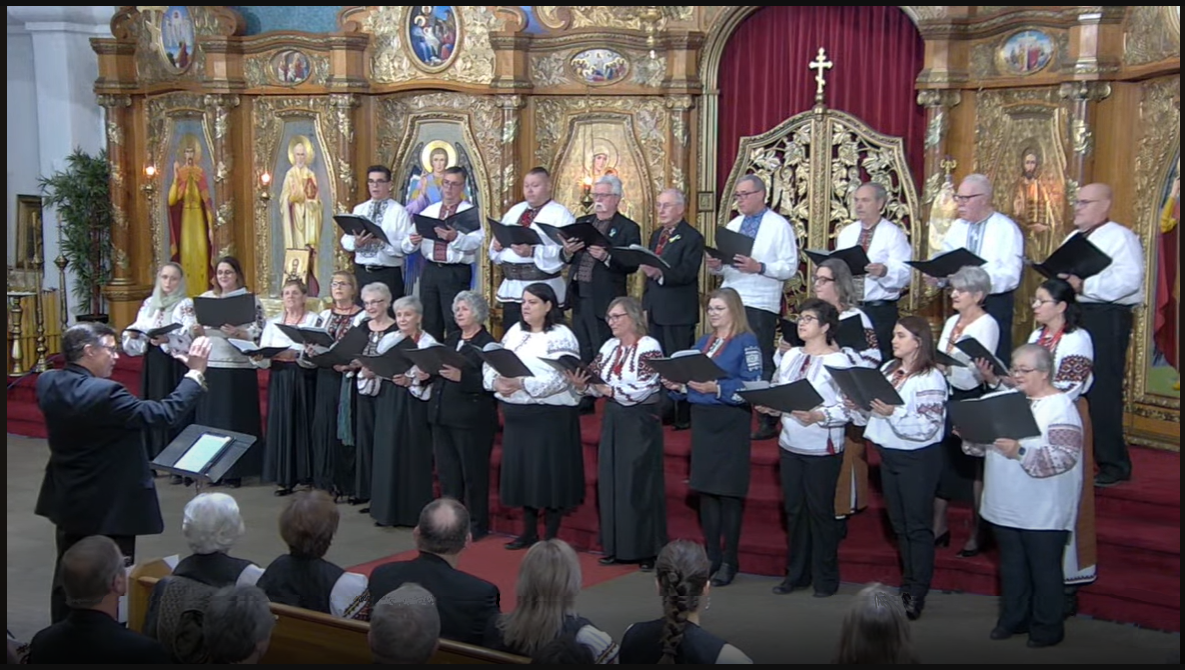Volodymyr Kish.
Some decades ago, I remember reading a very powerful book titled “The Power of Myth”, by an American writer and self-professed mythologist by the name of Joseph Campbell. Within it, Campbell “defines the function of a mythology as the provision of a cultural framework for a society or people to educate their young, and to provide them with a means of coping with their passage through the different stages of life from birth to death.”
Mythology as Campbell would have it, is not a collection of made up fictional tales, characters and beliefs that fall outside of our reality, but rather a metaphorical way of enabling us humans to deal with concepts, forces and events for which we have no adequate vocabulary or rational understanding. This would include such seemingly eternal questions as our purpose on this earth, the origins and workings of the universe, and the nature of life and consciousness itself. Very early man created a pantheon of legends and gods to explain the emergence of mankind and why the world as they knew it functioned as it did.
To us, many of these myths may appear naive and simplistic, but we must remember that thousands of year ago, mankind had very little understanding or knowledge of science, archaeology or psychology. Further, their vocabulary was quite inadequate in dealing with the complexities of the mechanics of how nature operated or how the human mind functioned. Nonetheless, they turned to metaphors and allegories they could understand to provide them with some kind of model or framework with which to cope with their lives and the challenges they were faced with. Over time, their mythological constructs evolved to incorporate increased knowledge and experience.
I should note that these proved to be the basis of many of the world’s major religions. Which is not meant to imply that religions are artificial constructs, but rather that they reflect universal truths and beliefs for which we continue to this day to find better vocabulary and more coherent metaphors to explain our existence and purpose in life. As Joseph Campbell once said, “Myth is much more important and true than history. History is just journalism, and you know how reliable that is!”
Regrettably, far too many people continue to believe that all evolution of religious thought and understanding was frozen two thousand or a thousand years ago, and that we should not even attempt to refine or expand on our religious knowledge or understanding of what spirituality or God is. But that is a complex topic for another day.
Over the past weekend, I was granted an opportunity to deal with a more personal form of mythology. All of us as human beings, over our lifetimes, develop our own individual sets of myths as we grow, mature, turn into adults and experience our life lessons. When we think back to our childhood, our parents, our transition through puberty, our school experiences and our transition into adulthood, we create a set of memories that over time become mythologized, in the sense that those memories tend to become subconsciously selective, idealized and perhaps somewhat removed from the actual facts and reality that existed at that time. It is our mind’s way of dealing with situations and relationships that we did not really understand at that time or were able to deal with in a rational way. As young people, we did not necessarily have the emotional, psychological or social maturity to successfully cope with the relationship challenges that were thrown at us. As teenagers, we were faced with the added stress of trying to find our place in the social stratum we were part of, as well as with dealing with the proverbial “raging hormones” that came to the fore as we went through puberty and its after effects.
This past weekend, I had the chance to meet with a friend from high school that I hadn’t seen in forty eight years. My last encounter with her had been when I took her to the high school prom in 1968. Over the course of my life, my memories of her had been transformed into a personal myth. She went from being a real human being to becoming a metaphor for my teen dreams, desires and hopes. When we finally met again, I rediscovered the real person behind the myth, and the experience was not only a welcome, positive return to reality, but also provided a certain closure to my being able to better understanding the person I was back then. I should emphasize, that engaging with the real person was far more enjoyable and fulfilling than the myth that I had constructed. I should also add that my wife and her husband were fully involved in the encounter, and we all came away with a new sense of friendship and understanding of human nature.
The point of all this that I come away with, is that though myths play an important part in our social and personal lives, we need to find a proper balance between myth and reality. We need to understand where myth ends and reality begins, and use our myths and ideals as a useful tool in dealing with those aspects of our lives that we don’t fully understand. However, we should never lose sight of the fact that they are but metaphors and that our aspirations for happiness and self-fulfillment can only come from a proper understanding of our current reality and a rational approach to dealing with the challenges and limitations that life presents.
Share on Social Media




































